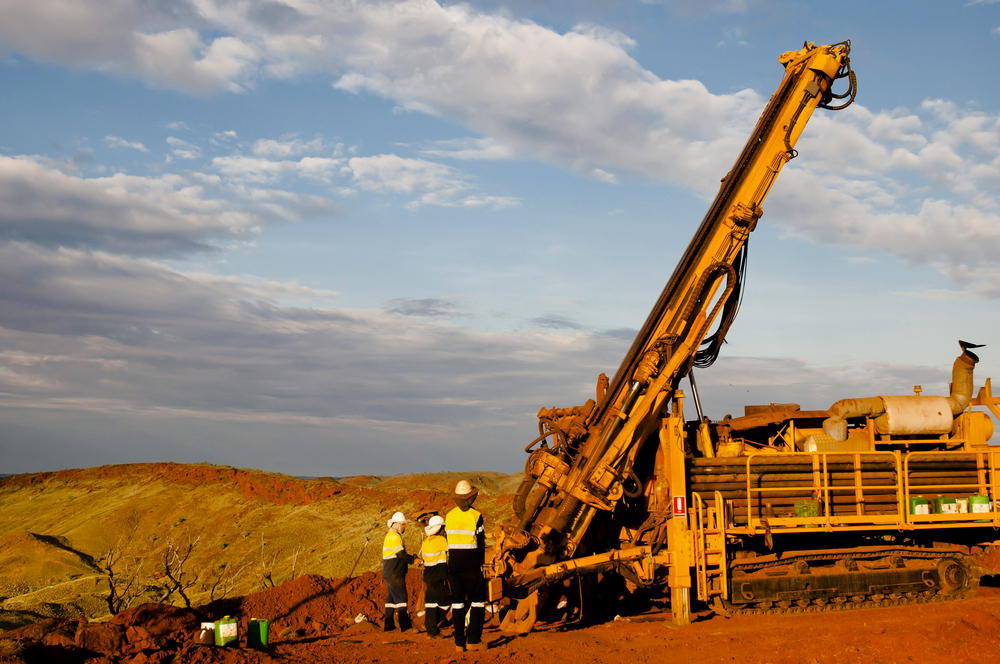Indigenous procurement key to mining’s future

The Minerals Council of Australia (MCA) has called on Indigenous businesses and governments to consider equity frameworks alongside procurement frameworks.
At the annual Aboriginal Enterprises in Mining, Energy and Exploration (AEMEE) conference in Darwin, Northern Territory, Indigenous ownership, equity and intergenerational prosperity were highlighted as integral to the resources sector’s future.
According to the MCA, in FY25, total reportable Indigenous-business procurement reached $5.83b across Australia and, of that, the mining sector alone accounted for about $1.64b or 28%.
MCA Indigenous partnerships and communities principal adviser Matt Denyer says the industry is at a reform crossroads.
“We have only one Indigenous-led mine, no Indigenous-owned minerals processing facilities and no Indigenous capital funds capturing meaningful shares of that value,” he said.
“That gap is risk, because while resource value flows, its legacy flows elsewhere. It means participation without equity and dependency — not independence.”
According to the MCA, the industry is working harder than ever before to maintain the trust of the people and communities with which it partners.
“If Indigenous businesses were to capitalise on a stake of just 1% of the total mining export value, that is approximately $4b a year from co-ownership in one industry, on top of ever-increasing procurement opportunities,” Mr Denyer said.
“Projects with genuine Indigenous equity and leadership have lower risk, stronger social licence and longer lifespans for scalable Indigenous enterprises.
“We must align our strategy with Indigenous enterprise ownership, not only because it’s the right thing, but because it’s the only thing that will deliver the future we all want.”
MCA members, including BHP (ASX: BHP) and Rio Tinto (ASX: RIO), directly employ about 6000 Aboriginal and Torres Strait Islander people.






















